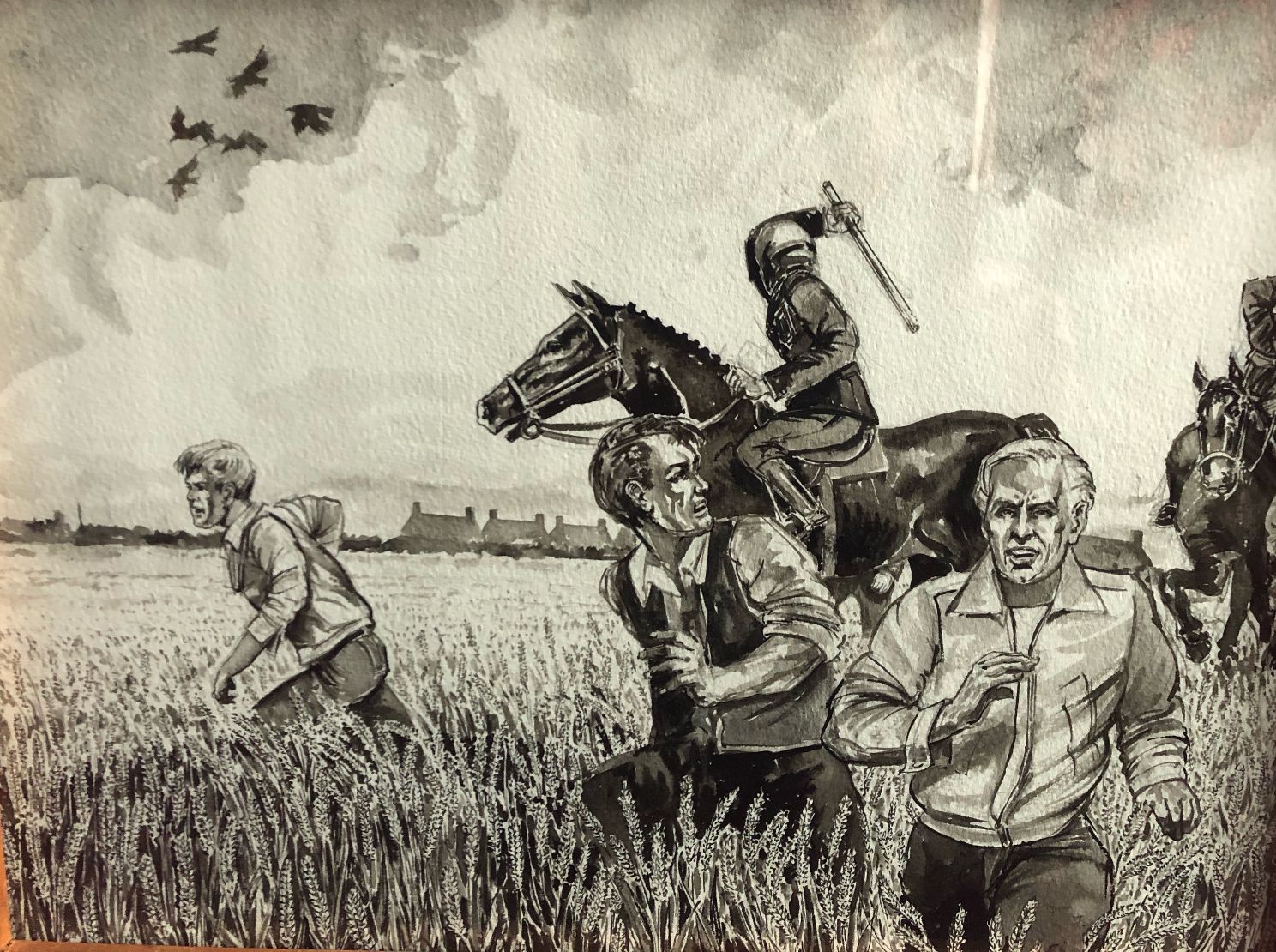
August 22, 2022, by ahzsa
Jörg Arnold’s new article on miners and masculinity in 1970s and 80s Britain
Even after the final demise of the Britain’s coal industry some seven years ago, the figure of the miner continues to exert a special hold on the cultural imagination. Miners are depicted as both admirable and pitiful. They represent the lost world of industrial Britain that was swept aside by the de-industrial revolution of the Thatcher years. Much of this popular image revolves around the miners’ alleged social conservatism. In feature films such as Billy Elliot and Pride, miners are trapped by their own unreconstructed masculinity just as much as by the inevitability of the industry’s demise.
Taking an observation by E.P. Thompson as its starting point, the article proposes to conceptualise the miners in the 1970s and 1980s neither as doomed victims nor as tragic heroes. Rather, the article proposes to think of miners as powerful, and morally complex, agents. Miners mobilised muscular masculinity to defend their own interests as well as to further the workplace rights of others. In historicising working-class masculinities, the piece intervenes in current debates about the standards by which we judge the past.
You can check out the full article here:
The British Miners, Muscular Masculinity and the Struggle for Workplace Rights, 1977 to 1984/85, Zeithistorische Forschungen / Studies in Contemporary History 18/3 (2021), pp. 510-543.
No comments yet, fill out a comment to be the first

Leave a Reply